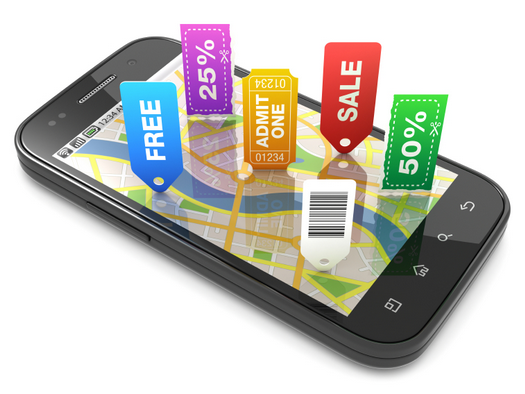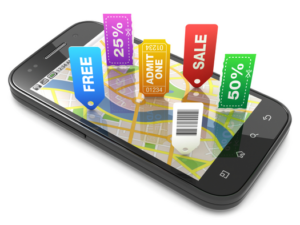
Locomizer – location-based ad targeting start-up launches products for geo-behavioural profiling
Locomizer is a London-based start-up which entered a difficult business of location-based ad targeting. We talked with Alex Polyakov – the founder of the company last year about their idea behind the start-up and plans for the future. This week Locomizer has finally announced their first products and a partnership with a Spanish ad network TAPTAP.
 In theory the idea behind location-based targeting is simple… you deliver ads based on WHERE people are. In this case the location and time are the only two “contexts” to reach a relevant audience. Good example of this case is a text message with an offer from a shopping mall sent to every person passing nearby. Expensive and not really very effective. It would be much better to send a personalized message to people who actually need the product that you’re selling. This is where contextual marketing and consumer profiling starts to be relevant especially for mobile advertising. In web advertising most users leave behind plenty of information about themselves to potential advertisers e.g. cookies, search history etc. Smartphones give advertisers access to much less data about what do we search online but they give them something even better, information about when and where we are.
In theory the idea behind location-based targeting is simple… you deliver ads based on WHERE people are. In this case the location and time are the only two “contexts” to reach a relevant audience. Good example of this case is a text message with an offer from a shopping mall sent to every person passing nearby. Expensive and not really very effective. It would be much better to send a personalized message to people who actually need the product that you’re selling. This is where contextual marketing and consumer profiling starts to be relevant especially for mobile advertising. In web advertising most users leave behind plenty of information about themselves to potential advertisers e.g. cookies, search history etc. Smartphones give advertisers access to much less data about what do we search online but they give them something even better, information about when and where we are.
Companies like Locomizer, Placed, PlaceIQ or Factual are trying to analyze your location history e.g. buying the location the data from different app developers in order to draw a pretty detailed conclusions about your personal profile. When you analyze data of enough users you can that build a profile a location itself. Locomizer launched products (APIs) from these two groups of applications:
- Geo-Behavioural User Interest Profile API – which retrieves customer interests from their location history
- Geo-Behavioural Interest Graph (Footfall API) – provides a contextual knowledge of any given place by footfall interests and day part.
Effectively TAPTAP Networks will provide location data of its mobile users to Locomizer and as a result they will receive back data converted into individual geo-behavioural user interest profiles. Alex Poliakov commented:
Our ability to translate geo-data into a very sophisticated set of user-interest-profiles and distinctive segments has its very natural fit with the mobile advertising world.
I agree and wish guys from Locomizer a lot of success. The promise of location-based services was broken so many times before that it is a dangerous territory to enter for a new startup. Keep going!





